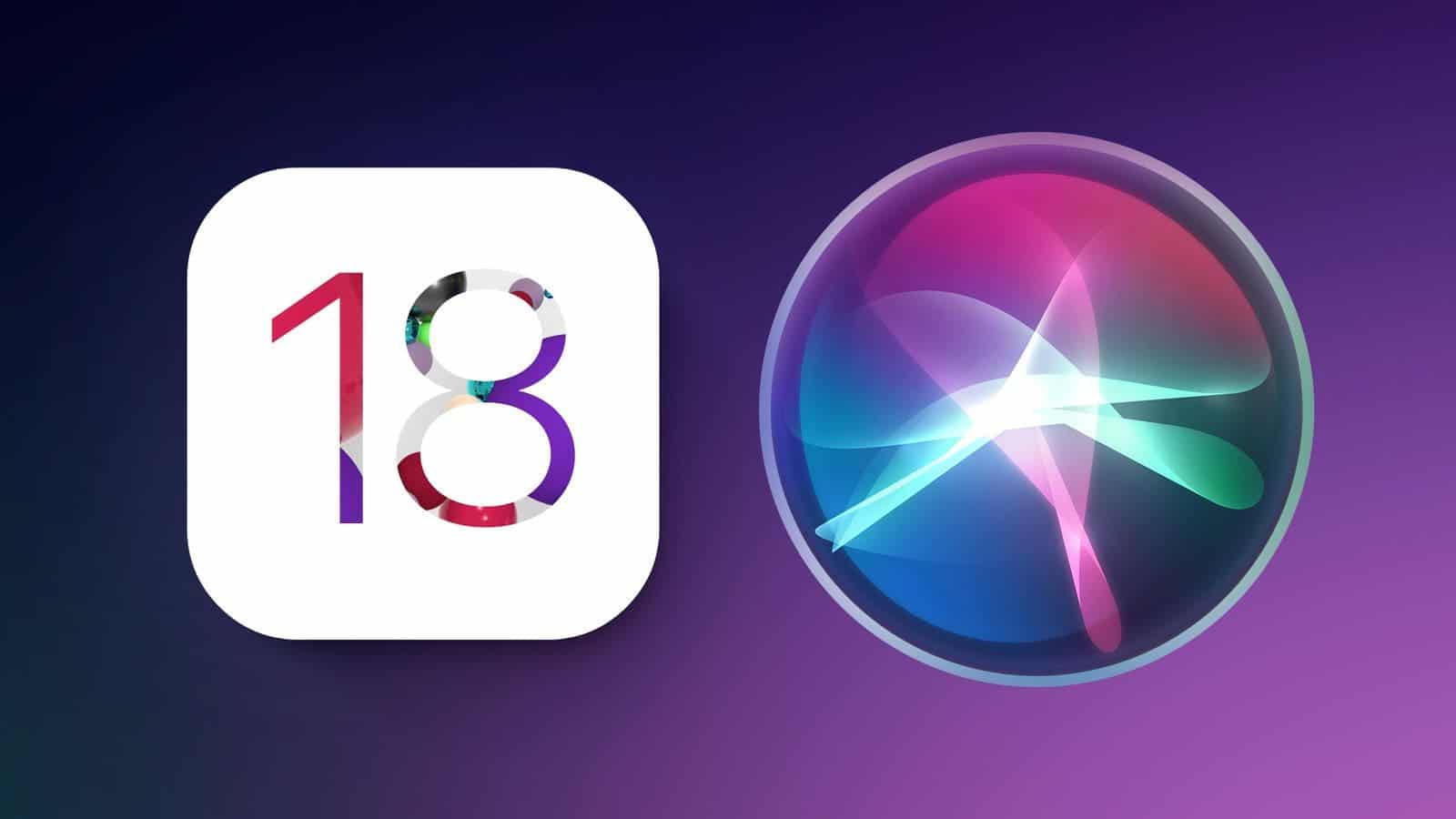It’s almost official: Apple’s upcoming iOS 18 update will include AI features that processes entirely on the device itself. When combined with the iPhone 16, set to launch this fall, this will provide a powerful mix of new capabilities, along with enhanced security and privacy.
This means that with iOS 18 on the iPhone 16, users will be able to enjoy all the AI features Apple introduces with its updated software, benefiting from the highest level of security possible.
According to a recent report by Bloomberg, Apple is creating its own large language model (LLM) to support generative AI features directly on the iPhone 16 series. Although these AI features might not surpass those of competitors in every aspect, the method Apple uses to implement the technology could be revolutionary, Bloomberg’s Apple analyst Mark Gurman suggested in his PowerOn newsletter.
Gurman noted that Apple’s AI tools might not be as powerful or comprehensive as some others. However, Apple could enhance these capabilities by partnering with companies like Google and other AI providers. The real advantage of Apple’s approach is that it will likely result in faster response times for users. Additionally, this method will make it easier for Apple to ensure user privacy, a core value for the company.
This week, Apple launched a new set of tiny AI language models known as OpenELM, which are designed to be small enough to run directly on a smartphone. These models, currently in the proof-of-concept research stage, could lay the groundwork for future on-device AI capabilities from Apple, according to ArsTechnica.
iOS 18 AI Strategy: What we Know So Far
This development aligns with what we already know about Apple’s AI strategy. Last year, Apple acquired the Canadian startup DarwinAI, a company known for developing technology that can make AI systems both smaller and faster. This acquisition appears to be a strategic move to enhance Apple’s ability to implement powerful AI directly on devices like the iPhone.
Apple’s upcoming AI features—including improvements to Siri and new auto-summarizing and auto-completion capabilities in apps—are anticipated to perform better on the iPhone 16. This enhanced performance is expected due to a more powerful chip in the new iPhone, specifically designed to efficiently run these advanced AI functionalities. This upgrade in hardware will facilitate faster, smoother interactions with AI-driven features, aligning with Apple’s focus on integrating powerful technology seamlessly into user experiences.
Apple A18 Pro Chip to Feature larger Die Size
According to investment analyst Jeff Pu, as reported by MacRumors, Apple’s upcoming A18 Pro chip, designed for the iPhone 16 Pro models, will have a larger die size. This enhancement is going to significantly improve the chip’s performance in artificial intelligence tasks, suggesting a focus on more powerful and efficient AI capabilities in the next generation of iPhones.
The introduction of the A18 Pro chip with a larger die size for enhanced AI performance in the iPhone 16 Pro models suggests that these devices could support more advanced AI features. This development might lead to a differentiation in feature availability between the more powerful iPhone 16 Pro models and other, less powerful devices. Users of the iPhone 16 Pro could have access to a broader range of AI capabilities, while those with less powerful models might only be able to use the basic AI features of iOS 18. This approach is not new for Apple, as seen previously when they limited the Dynamic Island feature to the iPhone 14 Pro models, indicating a pattern of reserving certain advanced functionalities for their higher-end devices.
Apple Enhancing Privacy in iOS 18 
Apple has long distinguished itself in the tech industry by prioritizing privacy and security, as highlighted in one of its ads with the tagline, “Privacy. That’s Apple.” This emphasis on privacy is a key factor in how Apple differentiates its products from competitors, especially Google’s Android.
The focus on processing data directly on devices (on-device processing) is another strategic move by Apple to enhance its standing in the area of artificial intelligence (AI). This method not only speeds up processing times but also keeps sensitive data on the device itself, reducing exposure to potential breaches and increasing user trust.
Apple’s commitment to privacy is reinforced by features such as App Tracking Transparency and App Privacy Reports, which give users more control over their personal information and how it’s shared. These privacy measures are a significant reason many consumers choose iPhones. Apple is fully aware of its reputation for privacy and continues to leverage it to maintain and attract users who value security in their digital interactions.
AI and Its Related Privacy and Security 
As AI technology continues to evolve, security and privacy concerns are becoming more prominent. This presents a significant opportunity for Apple, especially when comparing to Google, which is one of the more data-intensive tech companies.
Google, understanding these privacy concerns, is also adapting its approach to AI. For example, Samsung uses what it terms as Hybrid AI, which attempts to balance the privacy and security benefits of on-device processing with the enhanced functionality of cloud-based AI. This method processes simpler AI tasks and potentially sensitive data directly on the device, while more complex tasks, like extensive research or document creation, are handled in the cloud.
Forbes’ Zak Doffman explains this strategy, suggesting that it allows for the essential privacy of sensitive data while still leveraging the cloud for its vast processing capabilities and storage capacity. This hybrid approach could help mitigate some privacy concerns by limiting the exposure of personal data and offering users a degree of control over where and how the company processes their information.
On-Device AI Processing and its Relationship with Apple’s Security in iOS 18
On-device AI processing is a strategy that fits perfectly with Apple’s commitment to prioritizing user privacy, according to Jake Moore, a global cybersecurity advisor at ESET. By handling data processing directly on the device, it reduces the need to transmit sensitive information over the internet, which enhances security. Additionally, when the processing power on the device is sufficient, it can also decrease latency, leading to quicker response times from AI applications.
Moore further explains that local, on-board processing allows users to maintain greater control over their personal data. This approach reinforces trust in a relatively new technology arena where data protection is critically important. This method not only supports user privacy but also builds confidence in the use of AI technologies, making it a strategic choice for companies like Apple that value user trust and data security.
How AI Balances Security and Functionality
Striking the right balance between security and functionality is indeed a challenging task, particularly as AI features rapidly expand and evolve on smartphones. The debate between prioritizing user privacy and enhancing AI capabilities is more relevant than ever.
Currently, it’s hard to determine exactly how much AI processing Apple intends to keep on the device. We expect more details to unveil at Apple’s Worldwide Developers Conference in June, where the company will likely provide deeper insights into its AI strategy.
While Apple may potentially partner with companies like Google or OpenAI for more complex, cloud-based AI processing in the future, maintaining AI operations on the device allows Apple to emphasize its commitment to privacy and security. For the time being, this focus enables Apple to highlight its strong privacy and security features, boasting that the AI functionalities remain entirely on the iPhone, thus aligning with their longstanding emphasis on user privacy.






